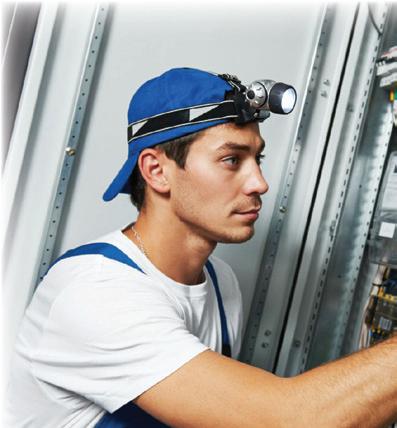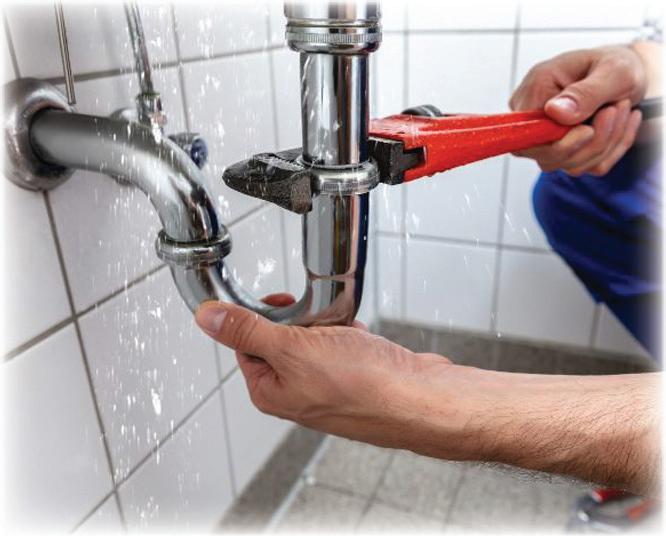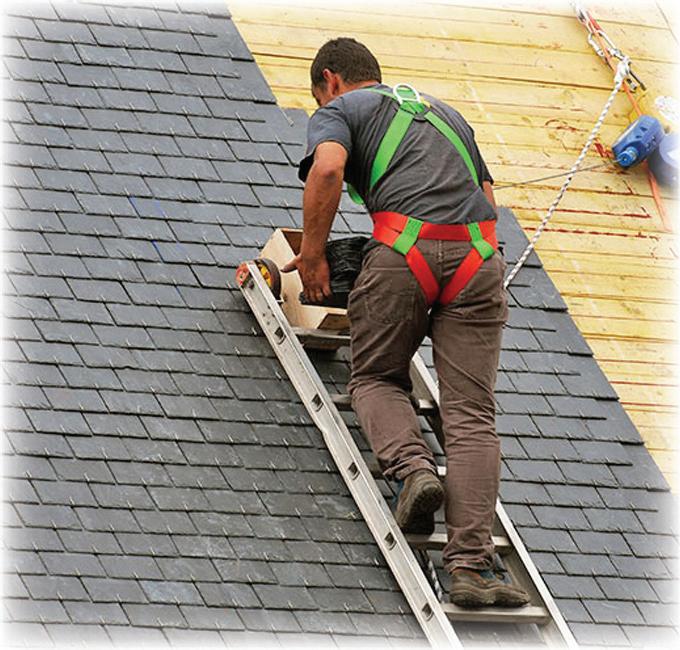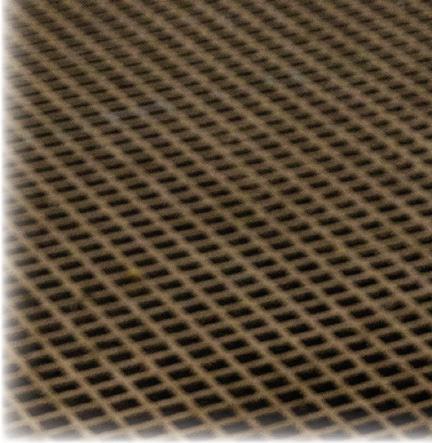
11 minute read
Ideal Fish Redefining Sustainable Fish Market
Ideal Fish is an aquaculture company in Waterbury that is the largest saltwater fish facility in the United States. The following interview with Ideal Fish CEO Eric Pedersen was conducted by Grant Copeland from WORX. It was edited for clarity.
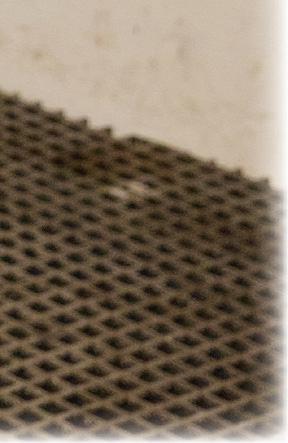
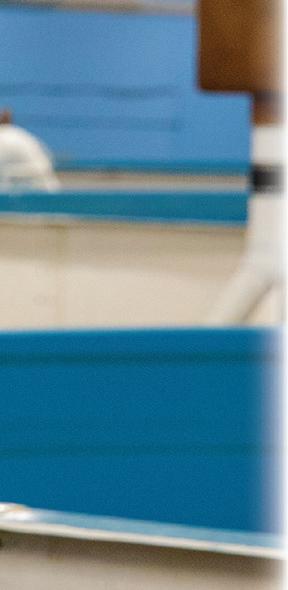
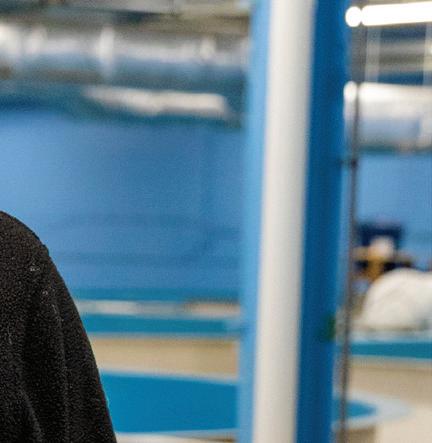
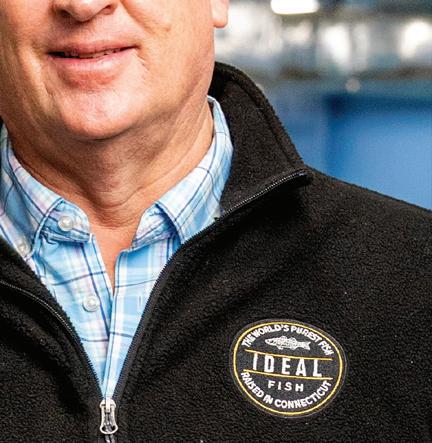
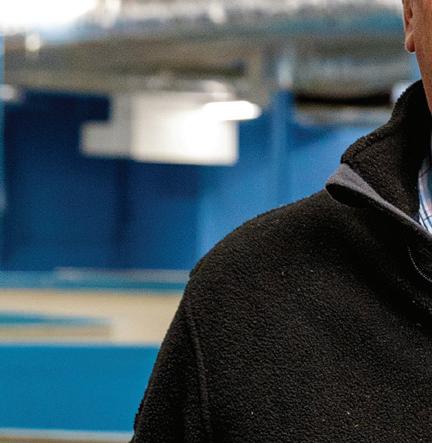
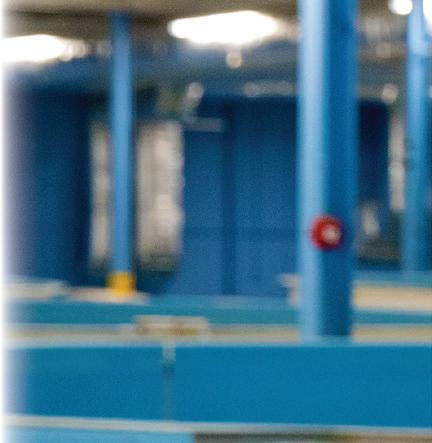
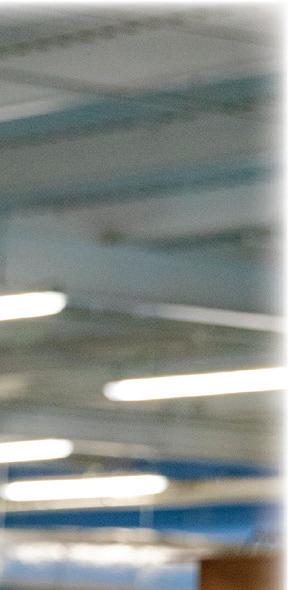
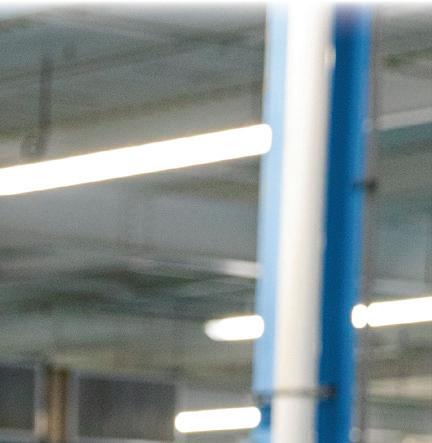
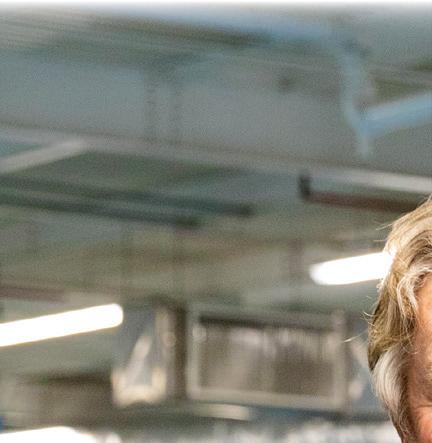
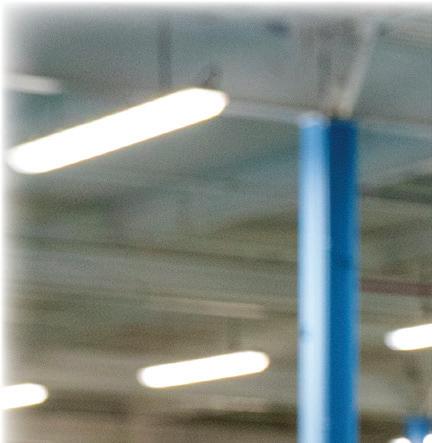
Pedersen graduated from Princeton University and left a successful career on Wall Street to put his innovative thinking towards raising Branzino (a species of fish), and launched his business in Waterbury.
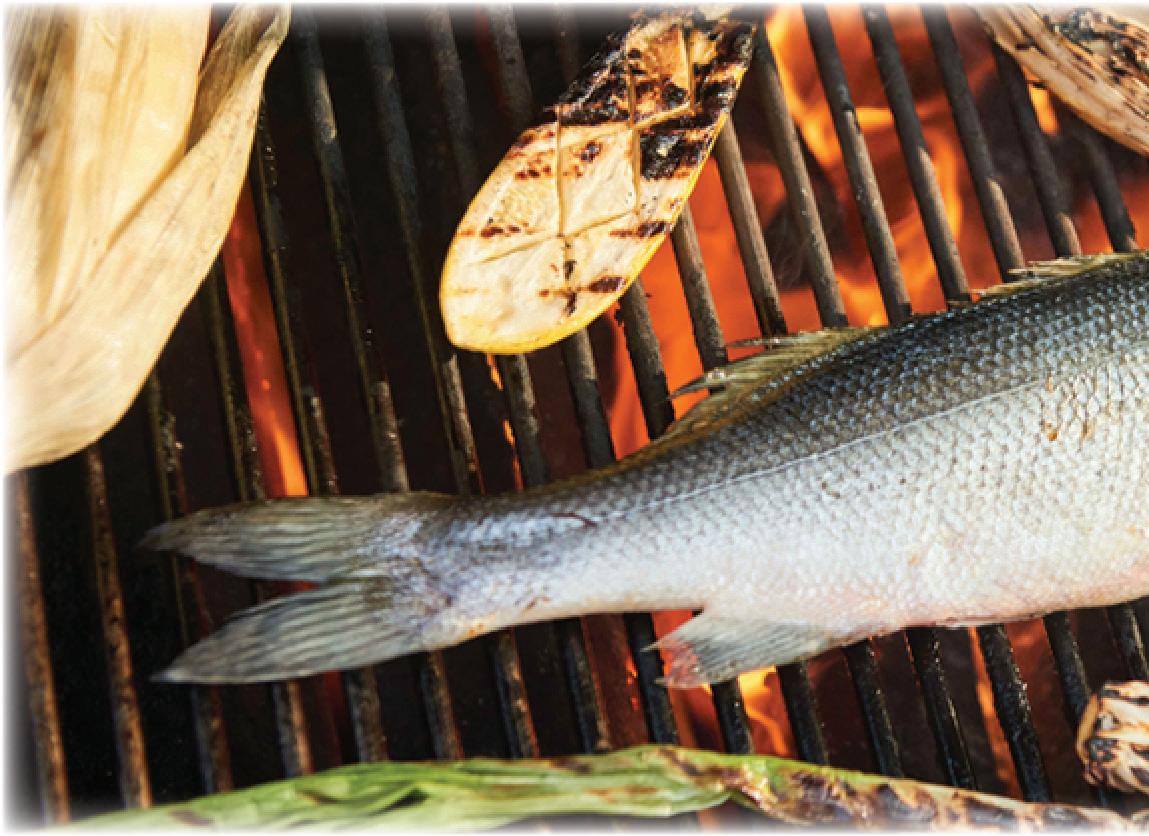
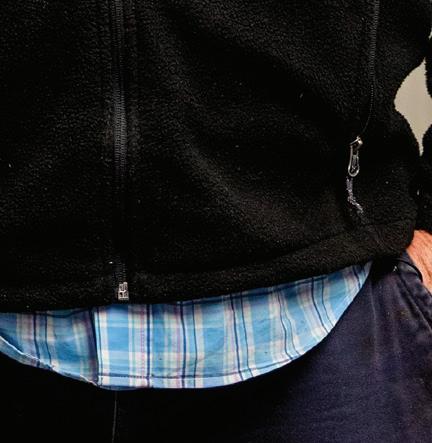
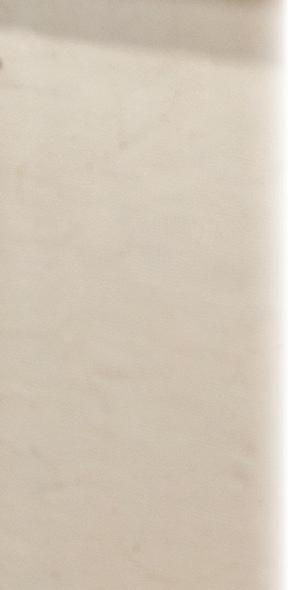
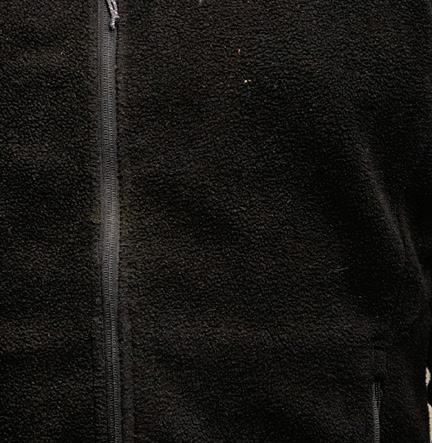
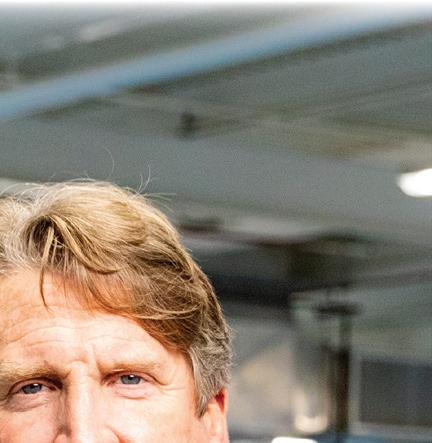
Copeland - Eric, tell us about Ideal Fish and your role within the company?
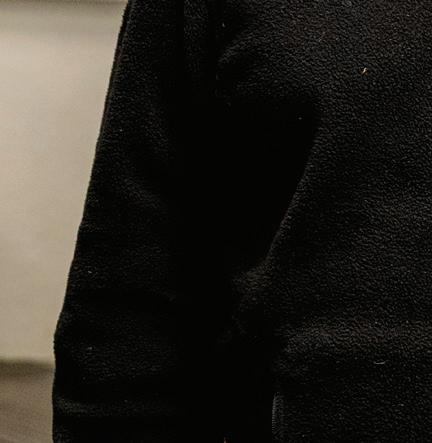
Pedersen - Ideal fish is a an aquaculture company. We grow a species (Branzino) that is not native to the United States. It’s a species found in the Mediterranean. And by growing it here in Waterbury, we’re able to grow a fish that otherwise would take upwards of a week to arrive on a diner’s plate. In Waterbury we have found this fantastic place that is essentially located in the largest seafood market in North America between Boston and Washington DC. This is called in seafood parlance, The Golden Triangle.
Anybody in real estate will tell you that it’s all about location, location, location, and we are right in the middle of the biggest seafood market in this part of the hemisphere. And we’re just delighted to be here. It’s just a great place. It’s a fabulous city. It is a beautiful city. And we’re doing something really special that I think is going to change the way this food is supplied not only in this country, but I think globally, in time, and it’s just been a really exciting process for us to be here.
Copeland - Where are your fish sold?
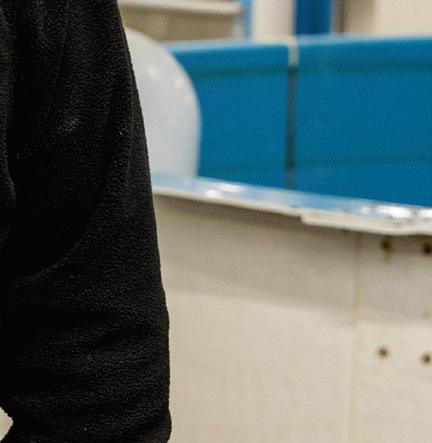
Pedersen - They’re sold all over. We are sold in the grocery stores, we sell to restaurants, and we are now selling very large amounts of our fish online through our E commerce webstore on our website. You can go to Amazon if you want to buy our fish there. But I think what has been important for us is that we have distribution channels that address all of our customers. And some like to have their fish delivered to their door, which we can do from our facility here in Waterbury using a crowdsourced Uber S type distribution platform. We also use the overnight couriers, FedEx and UPS, and then we drive our box truck or refriger- ated truck to the large grocery stores and institutional food service providers to deliver that way.
Copeland - Your business has been featured from industry and trade publications to the New York
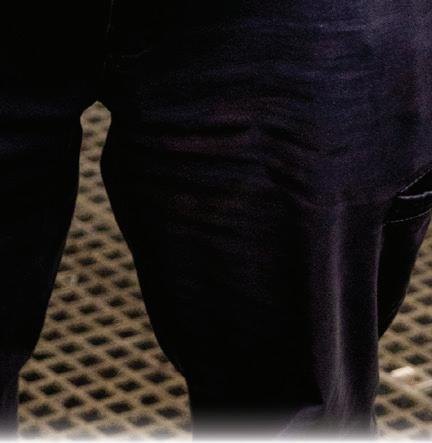
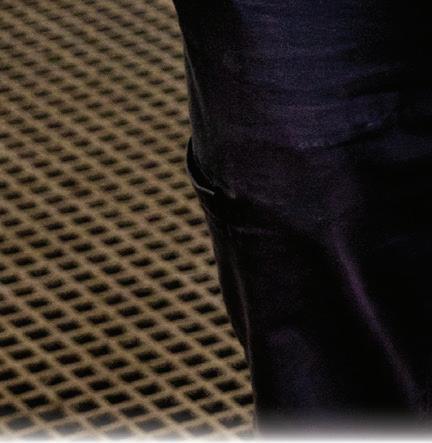
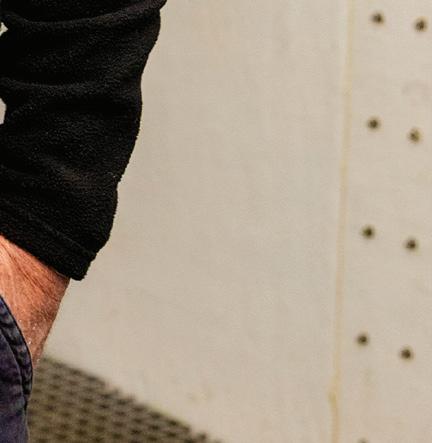

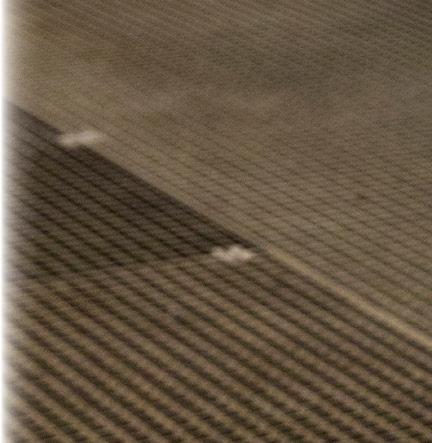
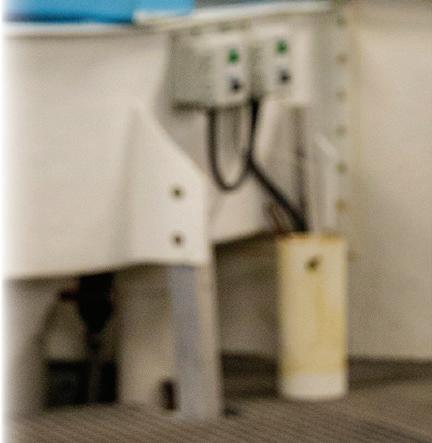
Times. Is that because you see your business as something more innovative than the typical operation?
Pedersen - Yes, I think that growing fish on land is something that is naturally interesting to people. I’ve heard the expression said, Well, you don’t grow cows in the sea. Tell me how it is you grow fish on land. And what you’re seeing behind me is exactly how we do this. We create in a facility like this a large artificial life support system. And what we do is we grow fish in tanks, but we do it in a way that the fish grow much more healthfully and much more quickly than they would in the wild because we’re able to control our living conditions in a way that optimize that fish’s performance. That’s what it’s called an aquaculture when fish convert feed efficiently into weight and grow in a healthy way and grow more quickly than they would in the wild. This is all the high performance levels you’re seeking to achieve. When you grow fish on land and what you optimize everything. From the temperature of the water to the flow rates the fish swim against in the tanks, to the salinity levels, the hardness of the water, the type of feed you provide the fish, the extent to which the fish are managed or handled or not handled. All of these can be optimized for that particular species of fish. So they grow quickly and economically. And that’s what we’ve been able to achieve here in this facility.
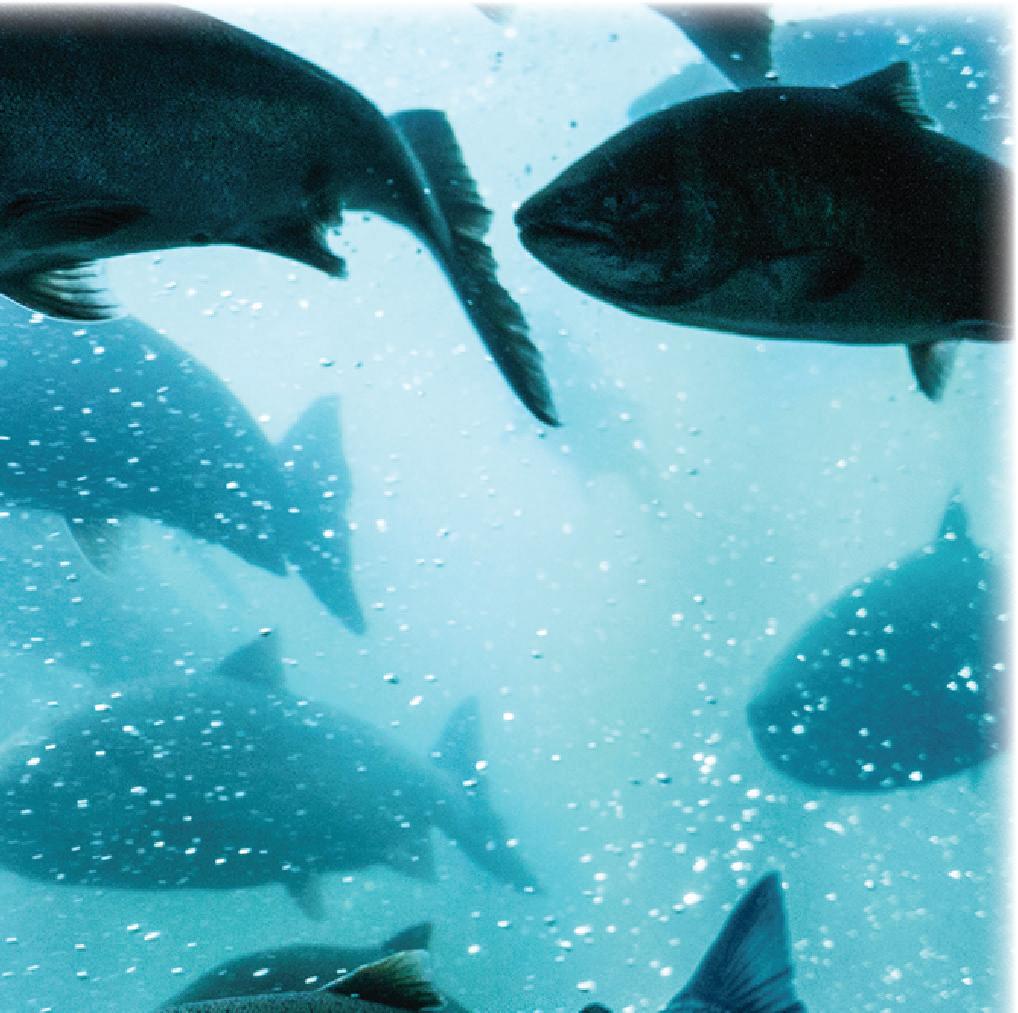
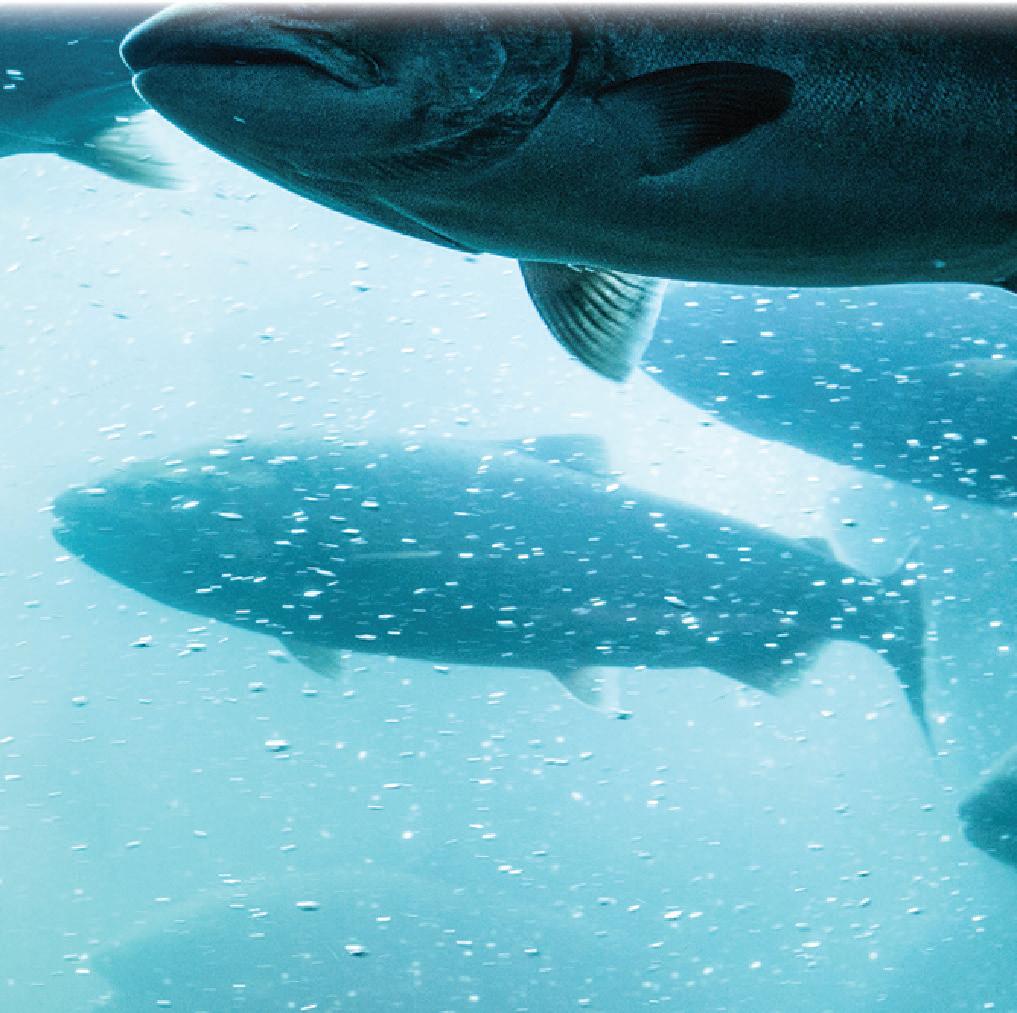
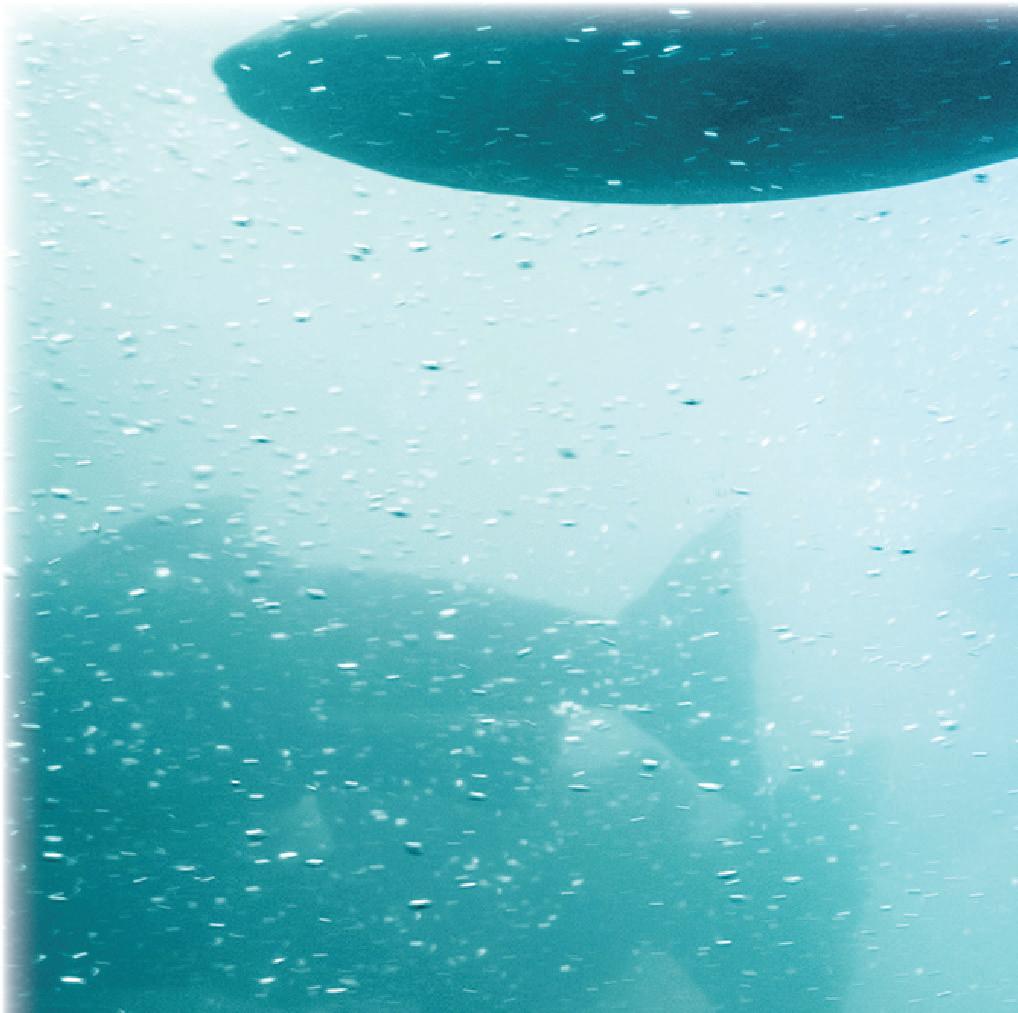
Copeland - You founded Ideal fish in 2013. What was the genesis of that?

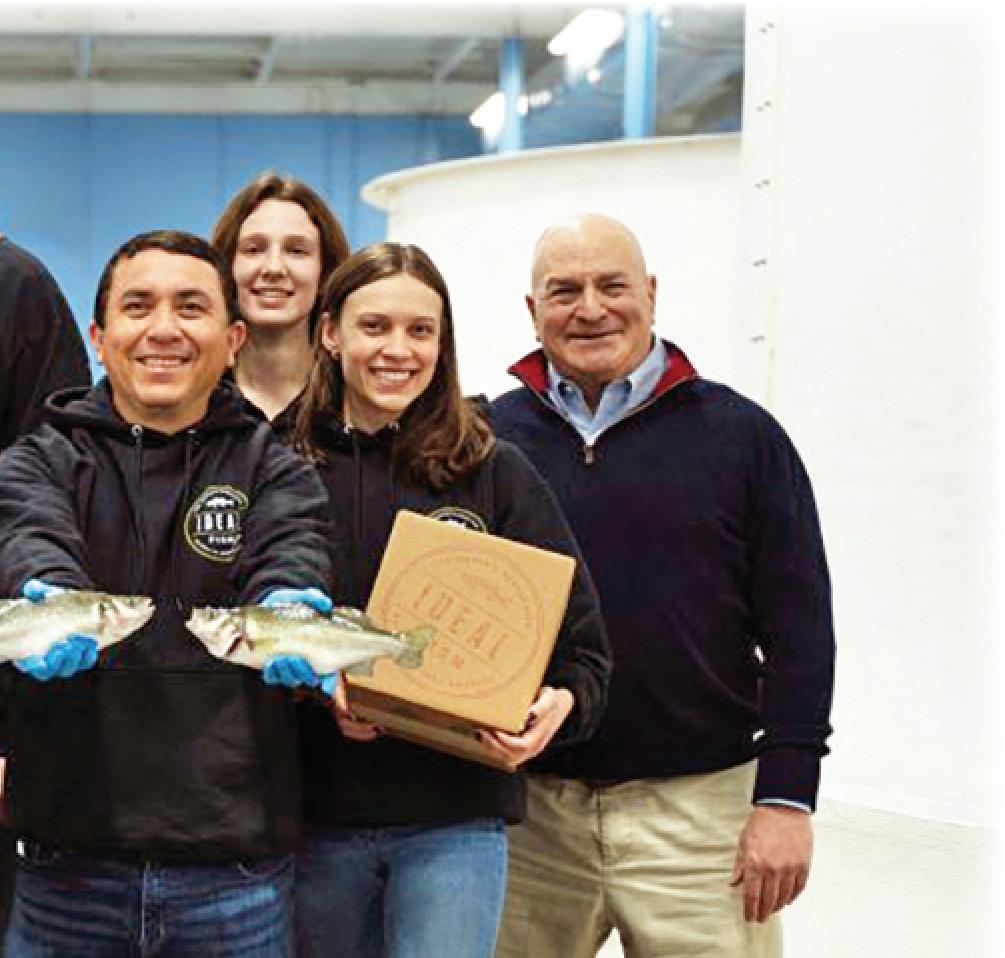
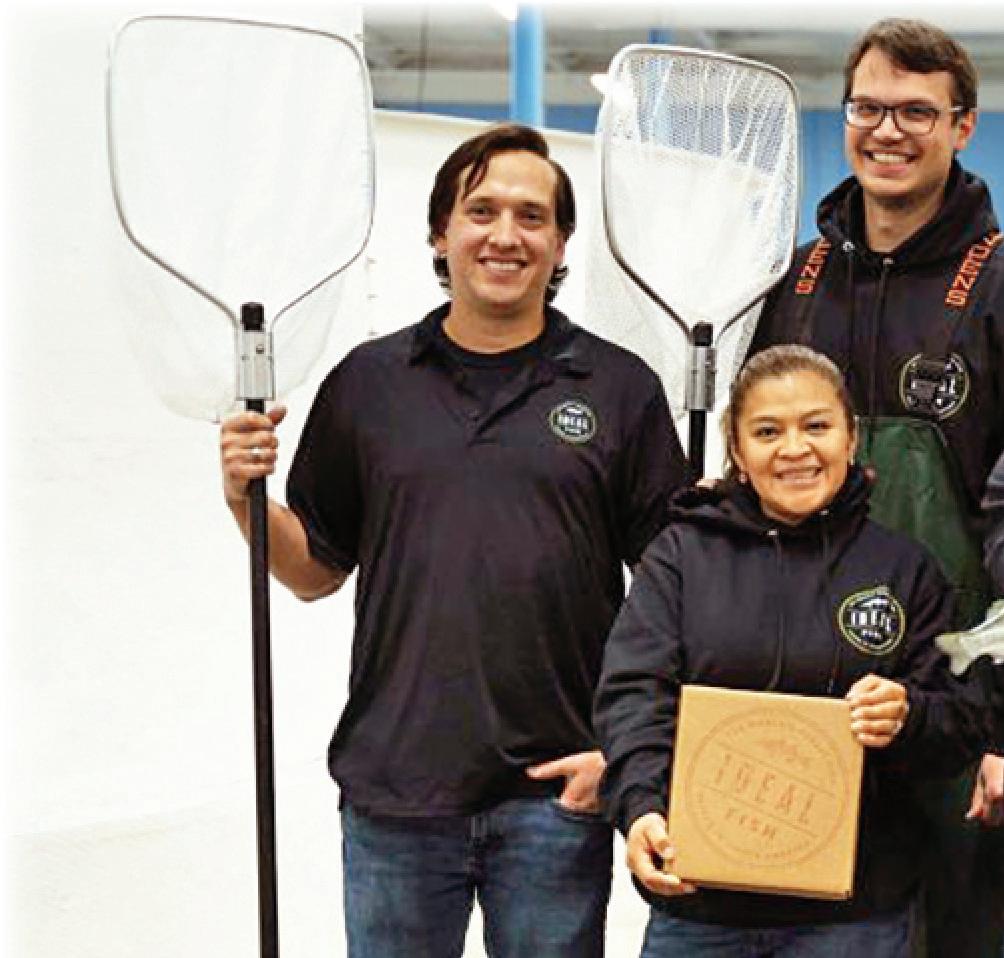
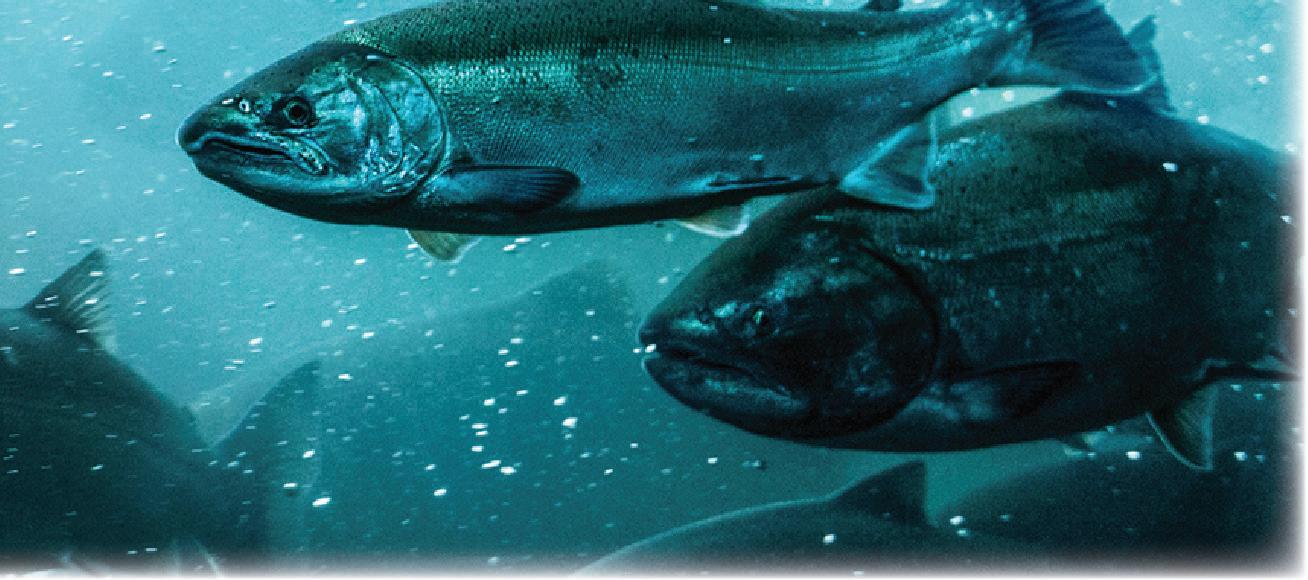
Pedersen - It started with an aquarium that was in my house that I bought with the idea of teaching my kids a little bit about fish, and life and death, and how nature works and how complex systems can organize to support life. And that’s really what happens in aquariums, you have all types of microbial colonies that are established to deal with contaminants and fish waste and things like that. And as I should have predicted, the kids had very little interest in any of this. Even the fish were of marginal interest. But I became quite interested to the point where I was commuting to New York City at the time I was working on Wall Street and I would get up at odd hours of the morning just to go do a water change or clean the tank out because that was the only time of day I had to do it. And I learned a lot about how you create an artificial life support system for marine fish through my reef tank,
I was also working providing financing to water filtration companies and I learned a lot about it through my Wall Street experience and it began to occur to me that there was certainly a way that you could take everything that worked well in marine aquariums and use it to grow fish for food. And I happen to put recirculating aquaculture, believing at the time that it was must be an enormous industry. This checks so many boxes that it must be so well established already. And this must be where people buy a lot of fish in this country. And what I discovered is it wasn’t that there were very few facilities like the one that I built here in Waterbury, that do what we do, and there are a lot of reasons for that. There have been a lot of very valiant attempts made by extremely smart, dedicated, hardworking people. And I come at this with a lot of humility because I don’t presume to have any better skills or know how but what has happened is technology has improved.

And I think even more important the consumer today now is very concerned about where their food comes from. Not just their beef and their pork and their chicken, but their seafood as well. They want to know how is it produced? Where was it caught? How did it arrive at the grocery store? And how long do they have to eat it before they need to be concerned about safety? And this is what recirculating aquaculture can provide better than any other form of aquaculture. We know exactly when our fish came in, we know where we’ve cultivated them and what they’ve eaten. We know the day that they were harvested and the day they were provided to the customer. So we can provide complete traceability and do it in a way that provides comfort that the fish have been produced in a sustainable fashion.
We recover all the waste products of fish production, the food, the uneaten food, the feces and we put those through the composting process to provide alternatives to petrochemical fertilizers to the local vegetable farmers here in Connecticut. So it’s a wonderful closed loop system. Where the waste products of one food production system become the nutrient inputs for another. And I really see this as becoming a large part of the way we produce food globally in time, and it’s starting here in Waterbury.
Copeland - You’re on the avenue of industry here in Waterbury. What was this building prior to Ideal Fish?
Pedersen - The building had been built in the 60s by Waterbury Button Company and metal fabrication finishing facilities here. Waterbury Button was one of them, and for a long time was one of the leading manufacturers of buttons in this country. In fact, Civil War historians and antiquarians will validate Civil War uniforms by looking at the back of the buttons and seeing if it bears the Waterbury button emblem. And this was obviously a later style button that was made here, but it was a big injection molding operation and they were electroplating these plastic buttons with gold and silver and they even have a vault in this facility, which is where they stored the gold and the silver ingot. And the vault was the one thing we couldn’t move. So it’s still here today and we’ve turned it into an employee lounge.
Ideal fish moved in 2015 and is es- sentially a specialized manufacturer now. I think it’s important to educate consumers that we’re not really a farm, in the sense that we rely on natural environmental meteorological conditions to grow our fish. We are a fish biological production facility, where we take a specific organism, in this case a spe- cies of marine ocean-going fish that happened to be delicious to eat, and we grow them in a way that optimizes the DNA of that organism so that it grows more quickly, without stress, without disease, and it converts protein more efficiently into bodyweight.

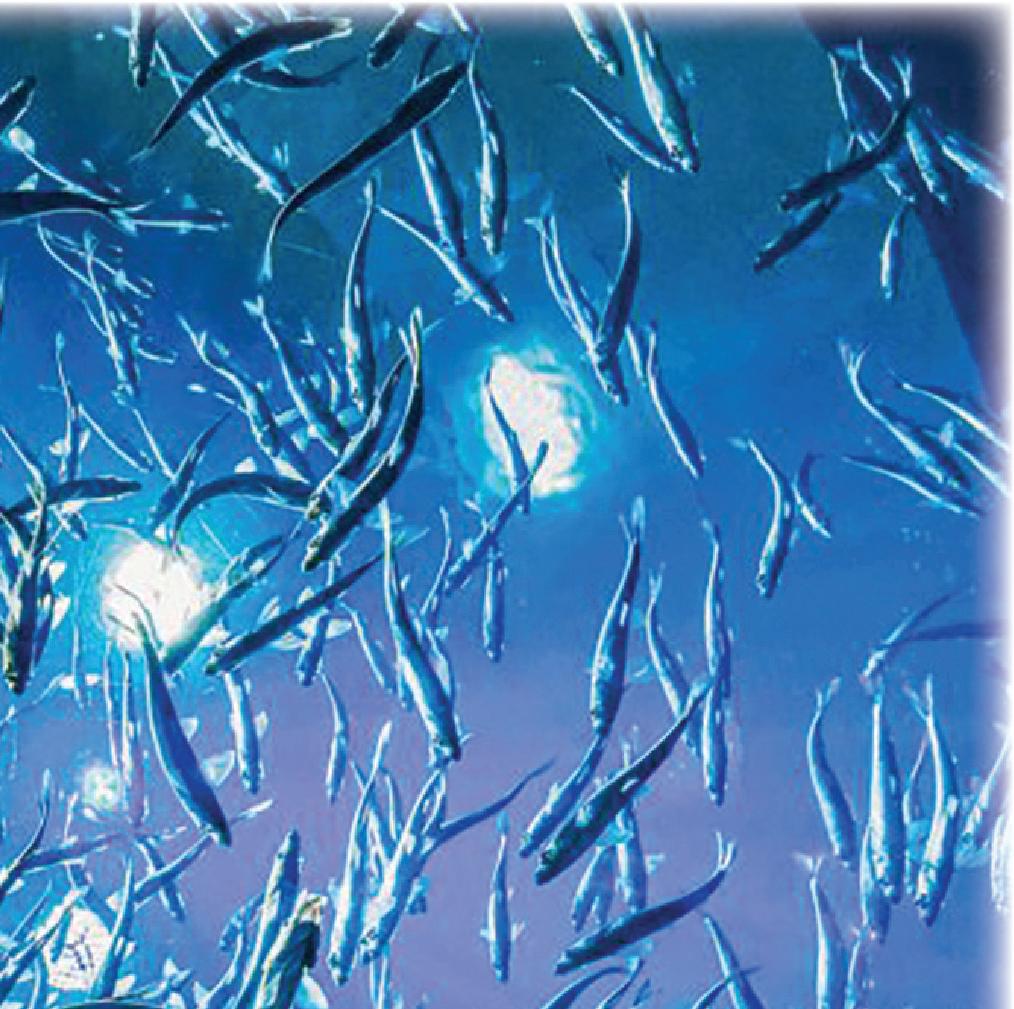
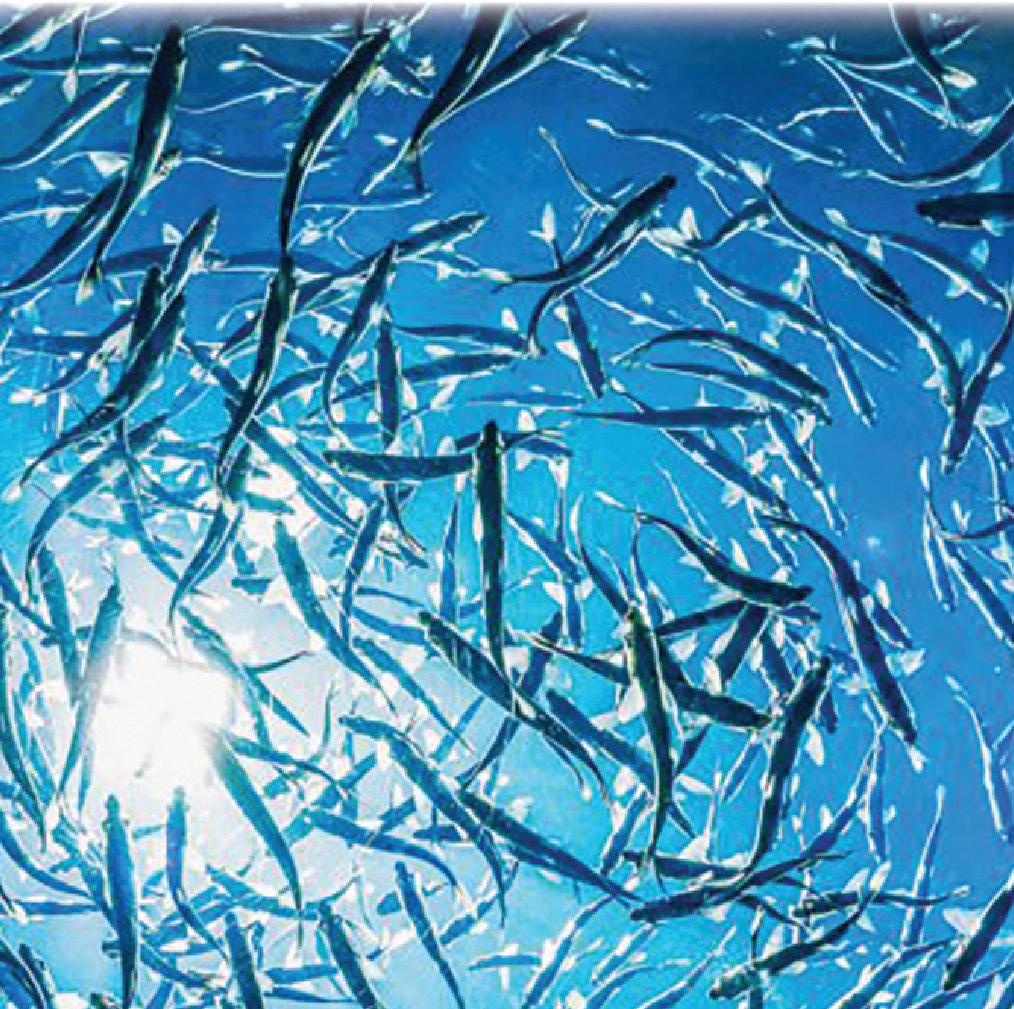
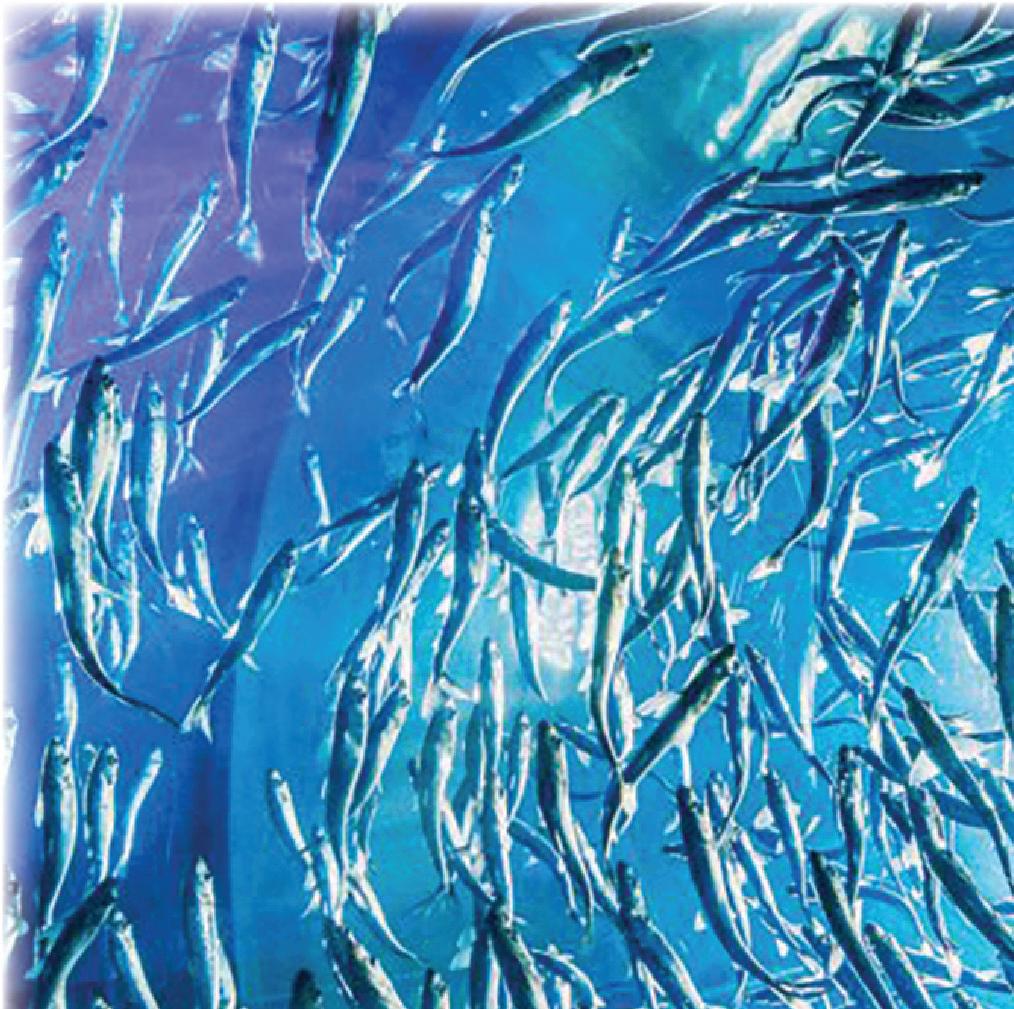
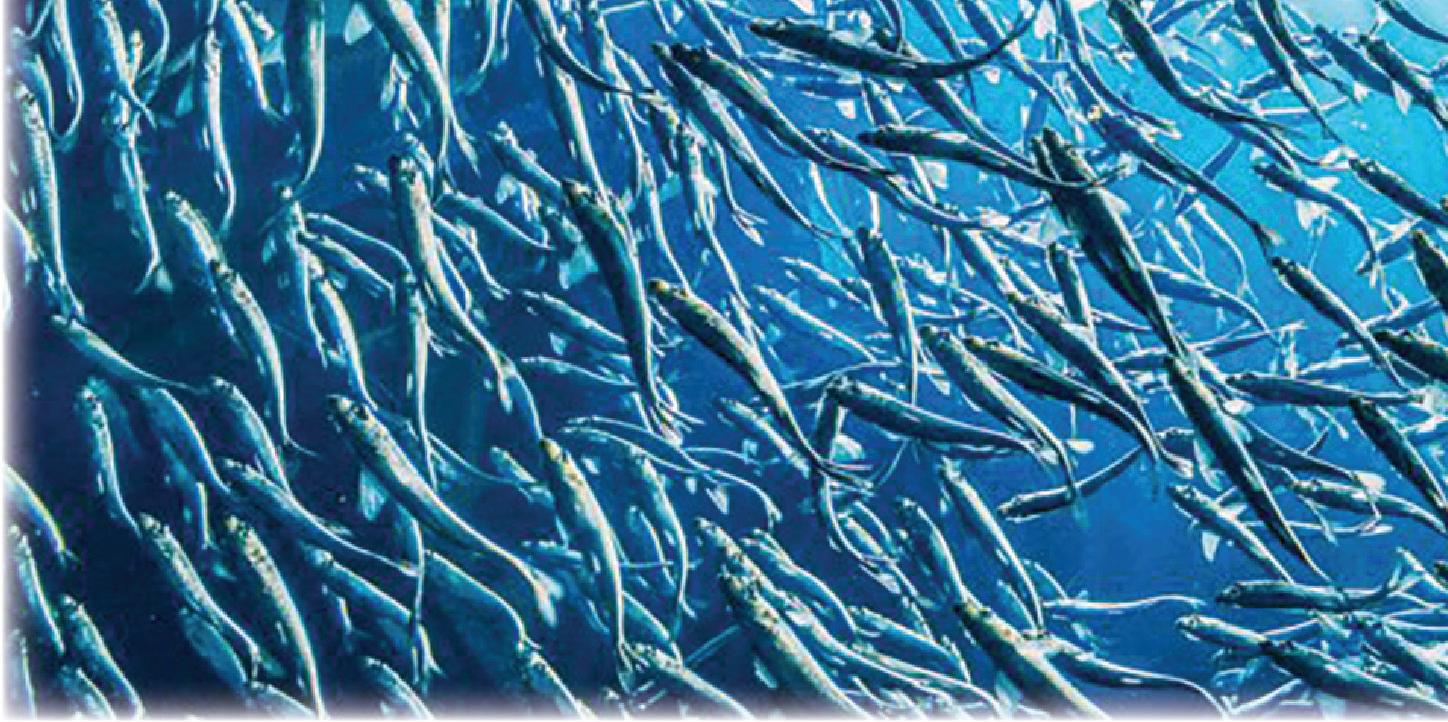
And we do that using an array of very sophisticated technologies that allow us to measure everything from water chemistry parameters, to how the fish are moving, and how they’re putting on weight. We have scanners in our tanks that the fish swim through and these scanners measure the size of the fish, so we don’t actually have to pull the fish out of the water. We already know how these fish are growing and whether they’re getting bigger and whether they’re performing according to our expectations.
And if they’re not, that’s a big red flag.
And that means we need to pull some fish out, take a look to see if they’re not eating right, and eating in a way that’s producing healthy response to the feed. This is the fascinating part about what we do. It’s the intersection of life and nature and technology, happening right here in Waterbury.


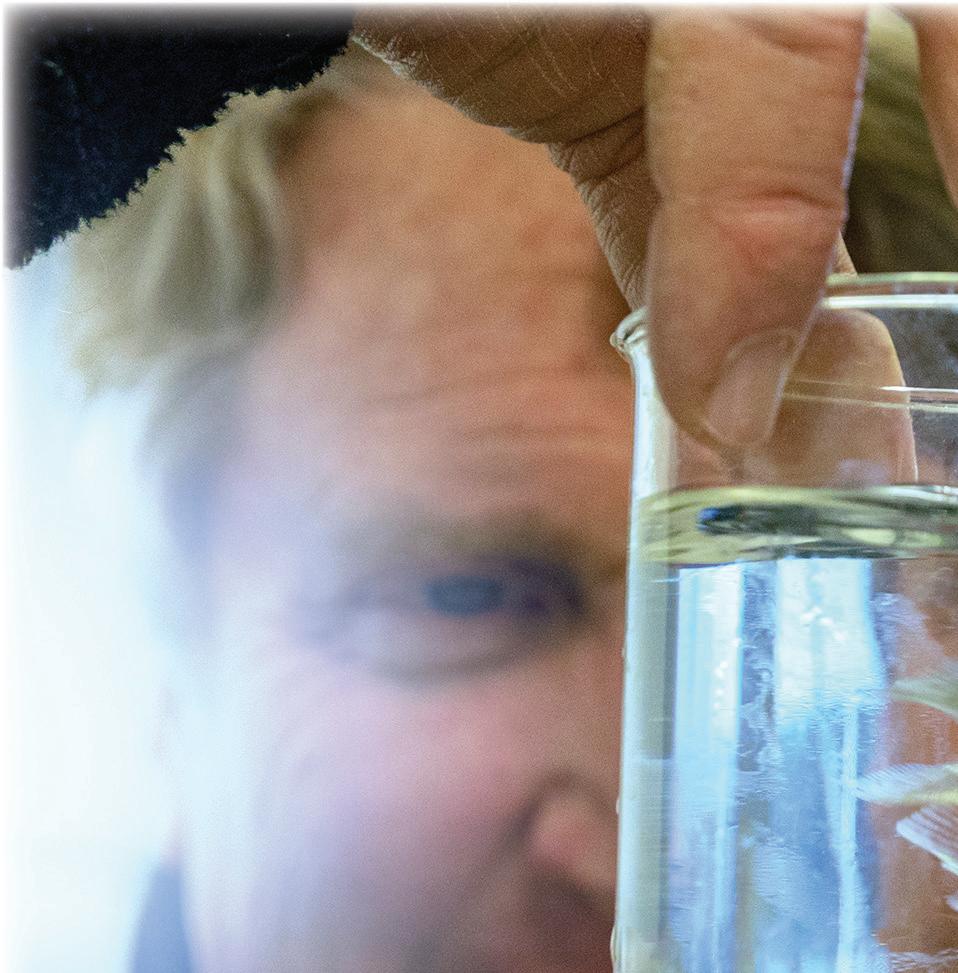
Copeland - You’re Fairfield County guy so how did Waterbury get on your radar?
Pedersen - I’m sorry to say, but to some extent by happenstance. This city is very pro business, very pro entrepreneurship, and very pro taking risks and helping people like me to get on their feet with the kind of support that it takes to do something that’s disruptive.
So I look back on that chance occurrence of finding this building without actually looking deliberately at Waterbury. You have to have that ecosystem of stakeholder supporters, whether they’re elected officials, or they are the department heads that report to the municipal administration, or it’s just concerned citizens who are interested in seeing you succeed. These are all crucial to to either starting or moving a business to a new location. And that’s what’s been really helpful to me, and I’m very grateful for it.
And there was a fateful meeting with the mayor and his department heads that I’ll never forget, I honestly didn’t know what was going to come out of this.
I had a chance to talk to Mayor O’Leary earlier about my project, and in a very enthusiastic way he had really understood quickly what I was trying to do. And then I got a very cryptic request from him to attend a meeting the next week. He wasted no time, and I had no idea what to expect. I walked into a conference room in City Hall where the entire conference table was lined with people sitting upright with notepads. And I was told to spend no more than 15 minutes outlining my plan and my program, which I did.
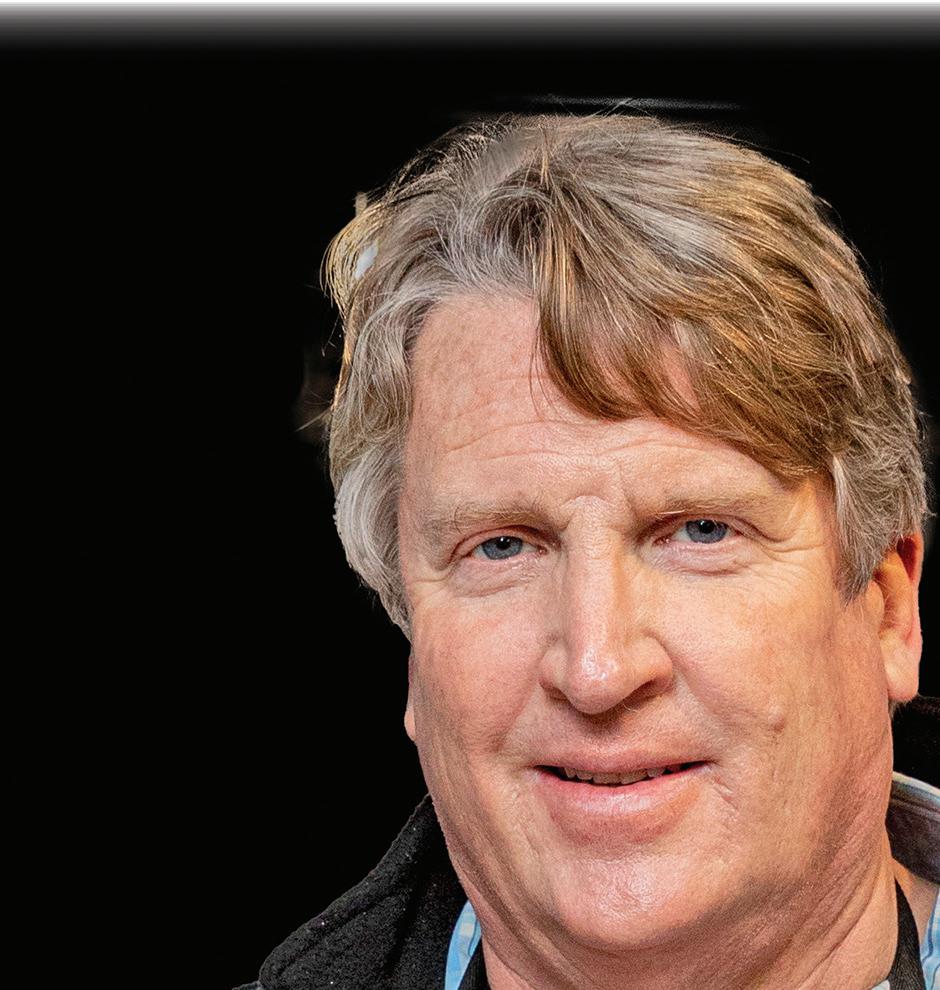
And at the end of the meeting, Mayor O’Leary looked at all the department heads, and these were the administrators of all the pieces that function from water treatment, wastewater treatment, buildings, zoning, health, every department head required to permit or to assist me in the construction of my business was there.
The mayor stood up and said, “Okay, you’ve now heard from Eric, and what we’re going to do is we’re going to get Eric and his business established in Waterbury as quickly as we can.”
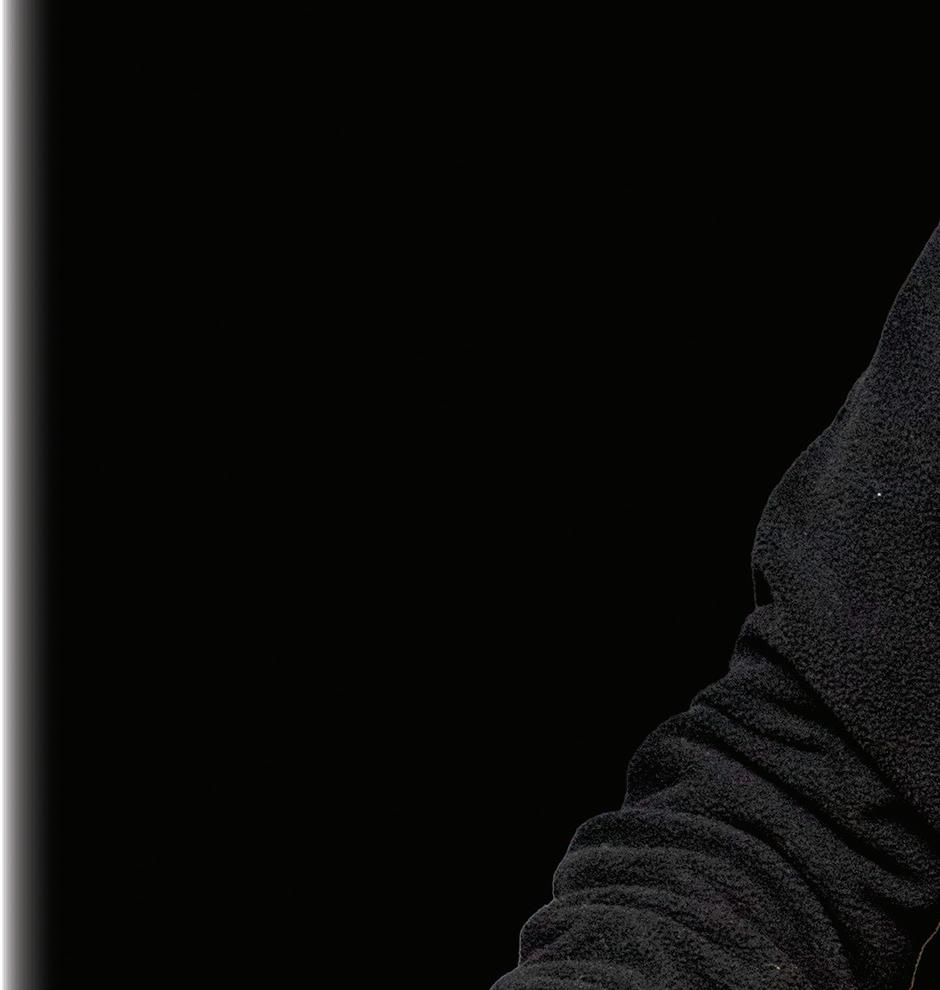

Then the meeting was over. I walked out and I have to say, it’s just been one of these remarkable experiences where I’ve just gotten support from every governmental agency in the city. This is a new technology, even D.E.E.P. and the state has not had to regulate a company like ours. And so I’ve gotten support and groundbreaking innovation from a regulatory standpoint, to help make this business possible.
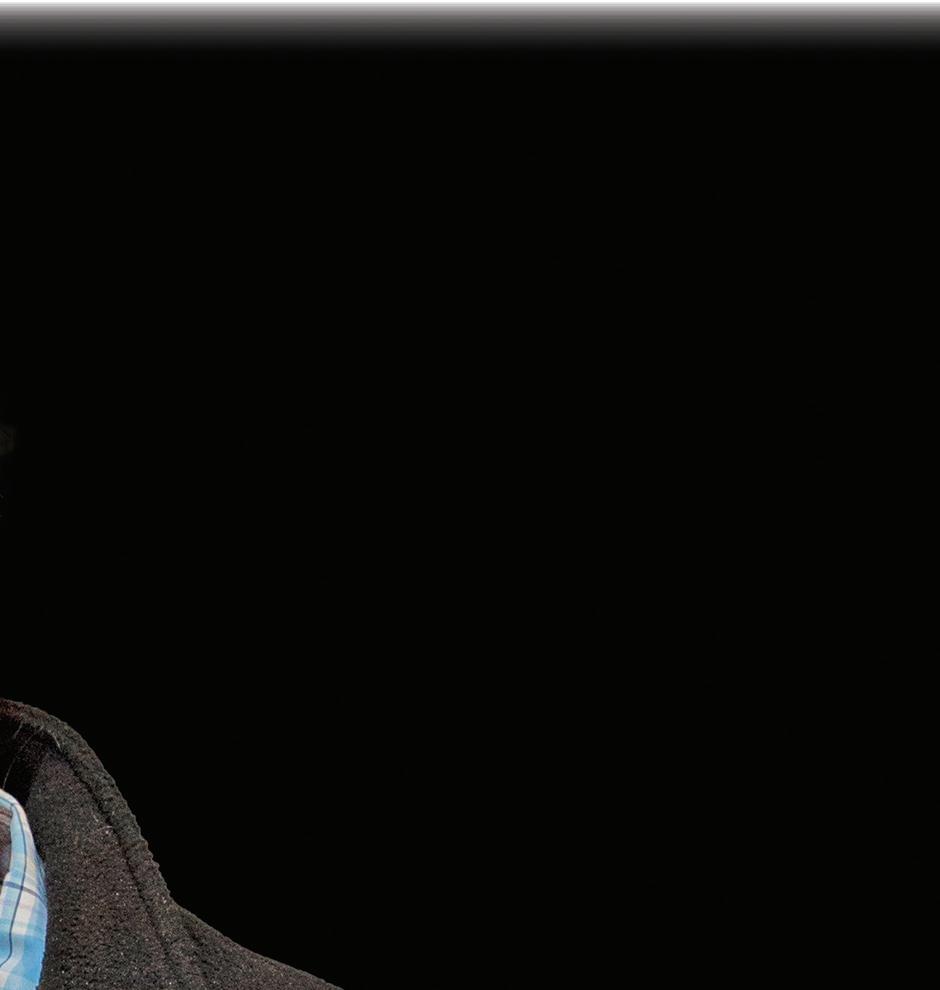
And it all started with the snowball that began rolling here in this town.
Copeland - You’ve built quite an impressive facility here for Branzino, what are the other expansion goals of Ideal Fish? Are you contemplating other fish species or even things beyond fish?
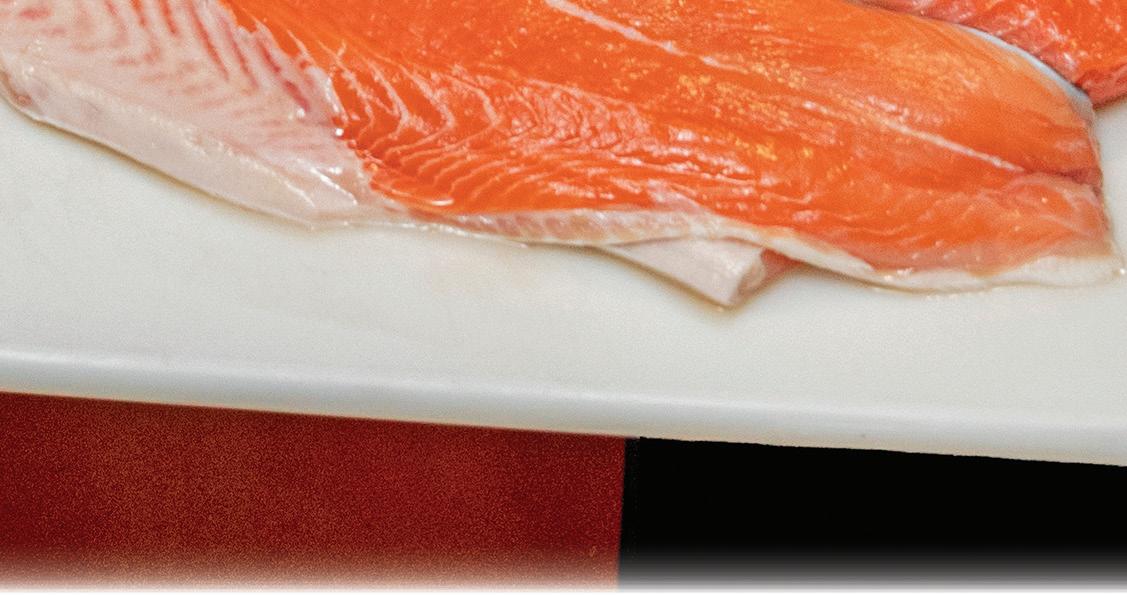
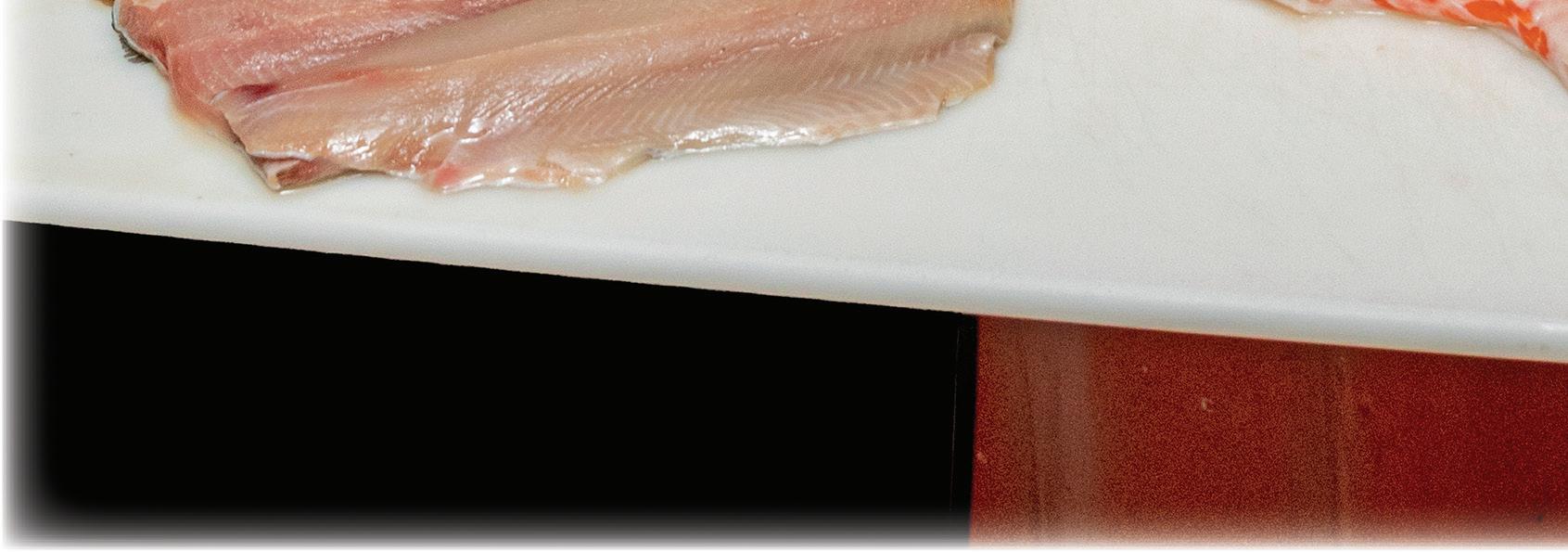
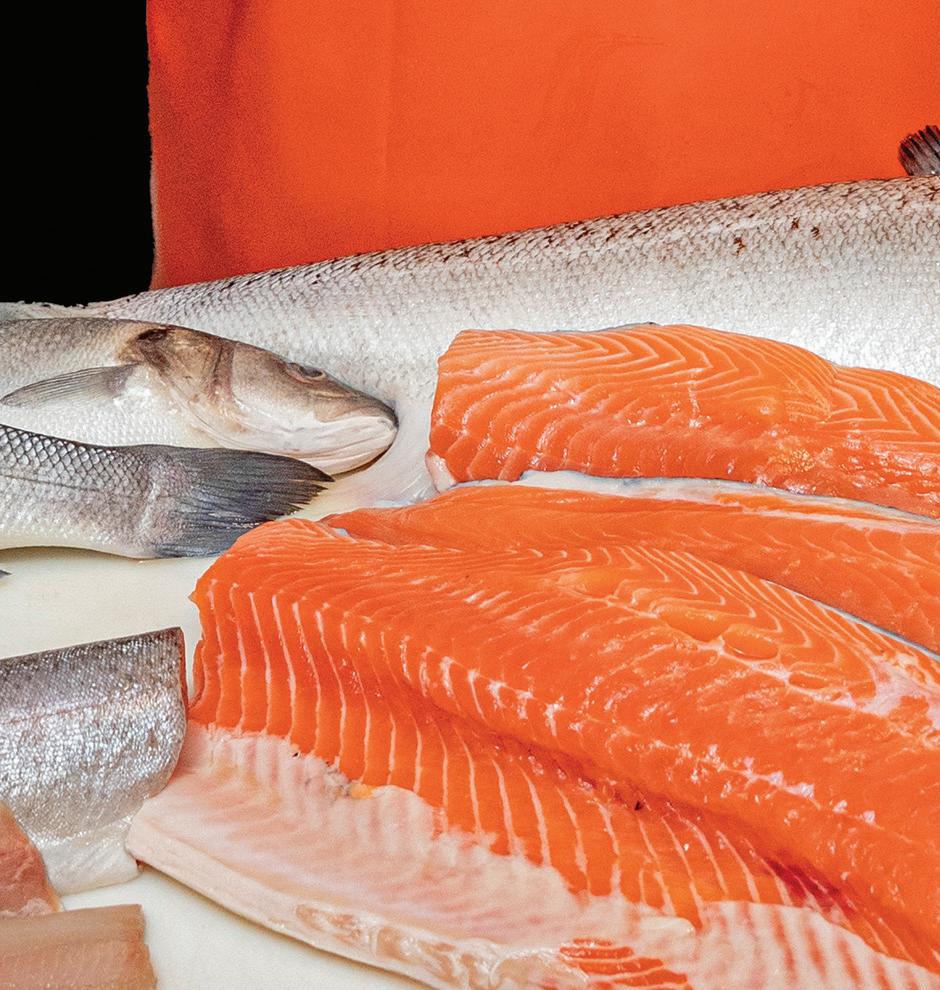
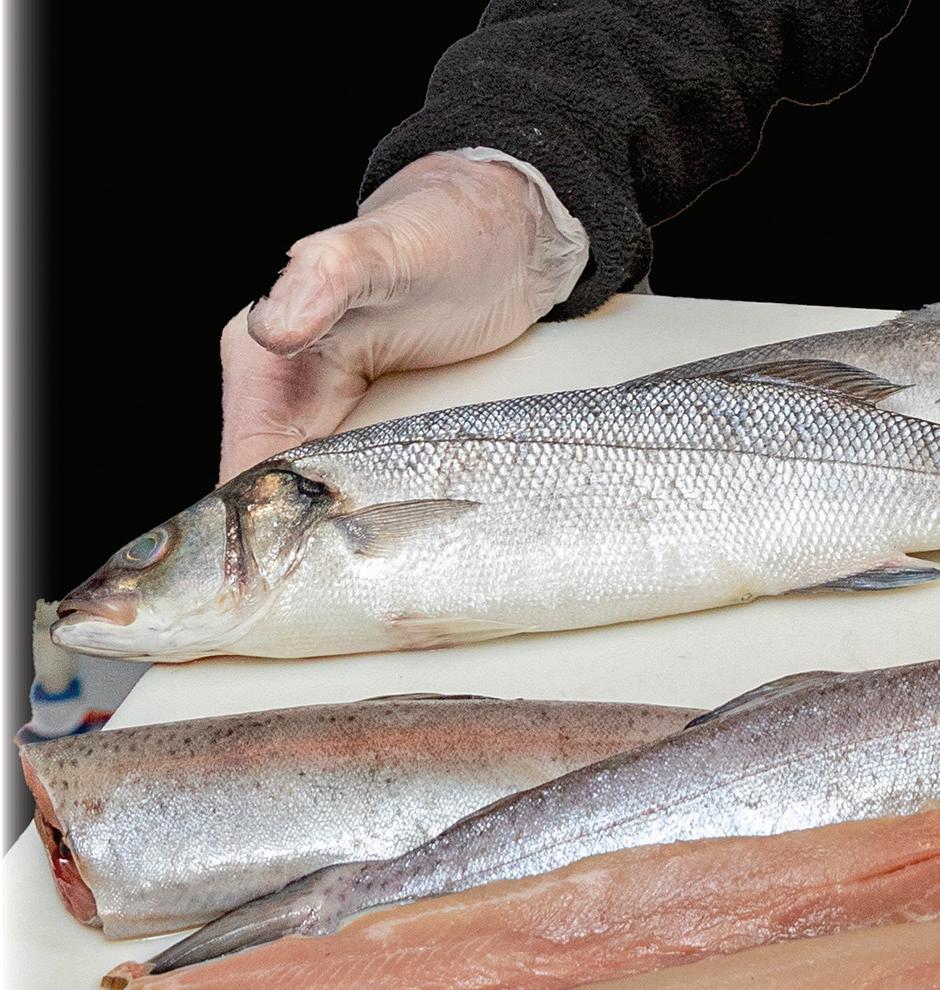
Pedersen - Oh, yes, we have very ambitious plans to expand here in the Waterbury area. One of the things that we want to do is to grow additional species. And these will include flounder or turbot, salmon, very possibly arctic char, and red snapper is high in our list. These are all fish that aren’t native to the Northeast. So by growing them here, we can provide the seafood lover in and around Connecticut and Boston and New York City and Philadelphia, a far fresher traceable product. And if we locate our facilities within driving distance of one another, then I can drive all the same scale economies that I would have had if I’d put every- thing under one roof. And I can create efficiencies and workforce and create a business that has substantial critical mass, even though it may not be in the same building.
Waterbury really allows you to do this because there’s a lot of what I would call robust industrial infrastructure in this city to support an expansion plan like that. We feel like at this point, we’ve cracked the code on how best to raise fish like a Bronzino here in an indoor facility. Now we want to expand the business and grow more fish. We want to centralize our processing and ultimately, our distribution. Being right at the nexus of Route 8 and I-84 provides a great opportunity for us to throw our fish on the on the backs of trucks that are going as far north as Maineand as far south as Washington D.C.
Copeland - What’s the potential for Ideal Fish to create more advanced manufacturing jobs, and particularly for those jobs to be filled by a local workforce?
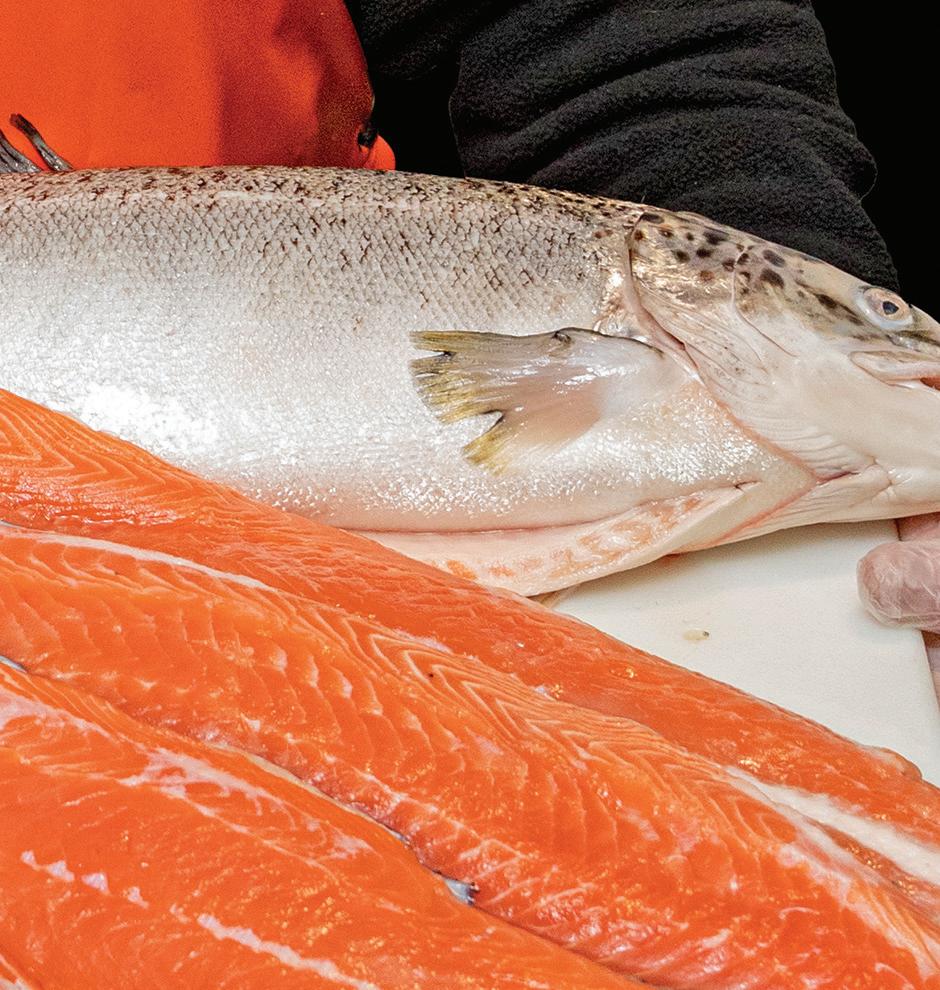
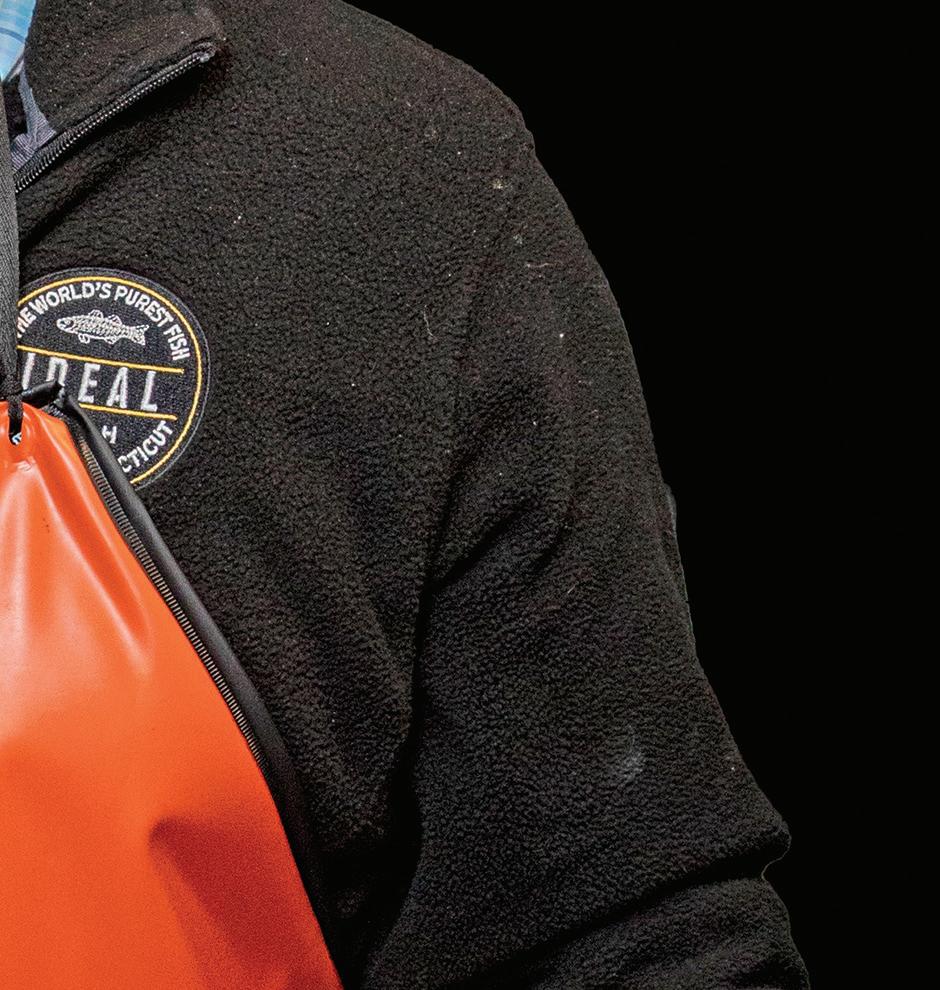

Pedersen - Well, that’s the great thing about being located here in town is that Waterbury is a richly industrial city. Generations of the workforce have worked in processing lines, and so it runs kind of in the laborer’s DNA in this city about how do you run a production operation. So in addition to all the support services, the electricians, the plumbers, the HVAC service shops, the workforce here has a very strong hereditary base on running industrial processes. My very first employee was a young woman who graduated from college with a degree in marine sciences and aquaculture and she lives literally within walking distance of my facility. She has gone from being a entry level aquaculture technician in our facility to recently being promoted as our fish health and performance officer. So she is on a fantastic career path.
Copeland - Could Waterbury become a center for sustainable food production and distribution?
Pedersen - I think Waterbury is the kind of location that an industry such as ours would want to have. It’s an area that has all of the required power, wastewater treatment, access to clean water and building space. Again, the location is second to none. There’s no way to overstate the importance of being in the center of this enormous food market and people that need access to healthy fresh food year round.



